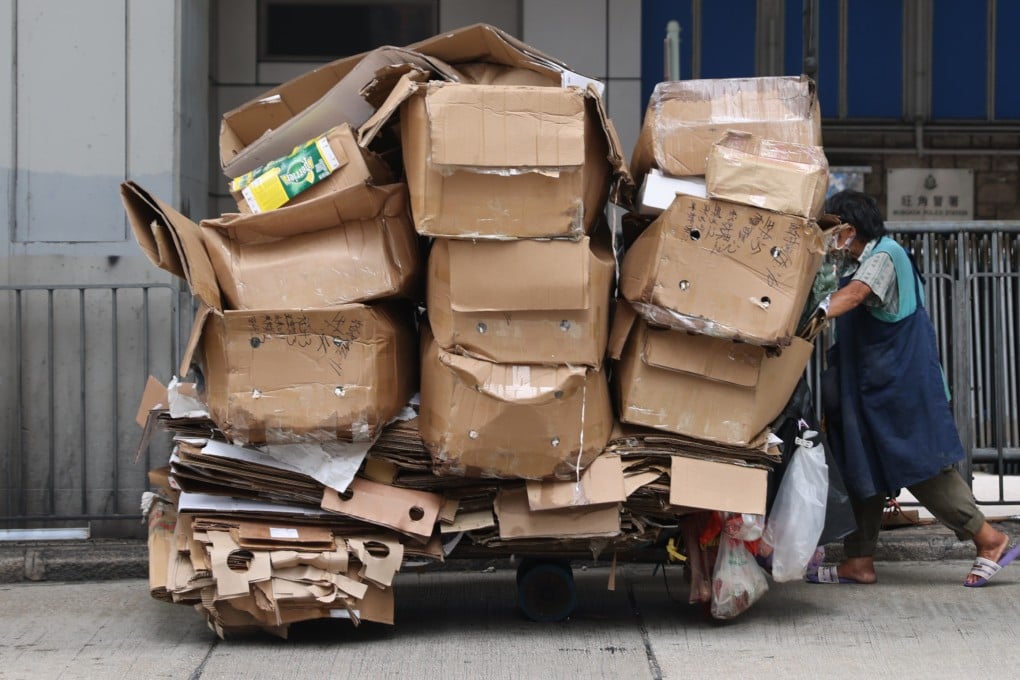Opinion | Five steps Hong Kong’s new leader can take to tackle income inequality
- The 25 years after Hong Kong’s return to Chinese sovereignty have coincided with a rapid increase in wealth inequality in the city
- Addressing the minimum wage and worker protections, improving child care, and boosting workforce skills could help narrow the wealth gap

According to the latest figures from the Census and Statistics Department, the bottom decile of the median monthly household income increased from HK$2,800 (US$350) in 1991 to HK$4,200 in 1997, an increase of 85 per cent in seven years. It is a pity that 25 years after the handover, there has been a 28 per cent decrease in the median monthly household income to HK$3,000 as of the first quarter of 2022.
In comparison, the median monthly household income of the top decile increased from HK$35,600 in 1991 to HK$70,600 in 1997. It has nearly doubled in 25 years to HK$130,000 in 2022.
Hong Kong’s gross domestic product has grown almost every year since the handover. However, the benefits of that growth have gone to only a few, with less than half of the city’s labour force enjoying the fruits of Hong Kong’s success. Low-wage earners’ income levels have been largely flat for the past 25 years and their purchasing power has weakened, while at the same time high-income earners are enjoying much more robust growth.

